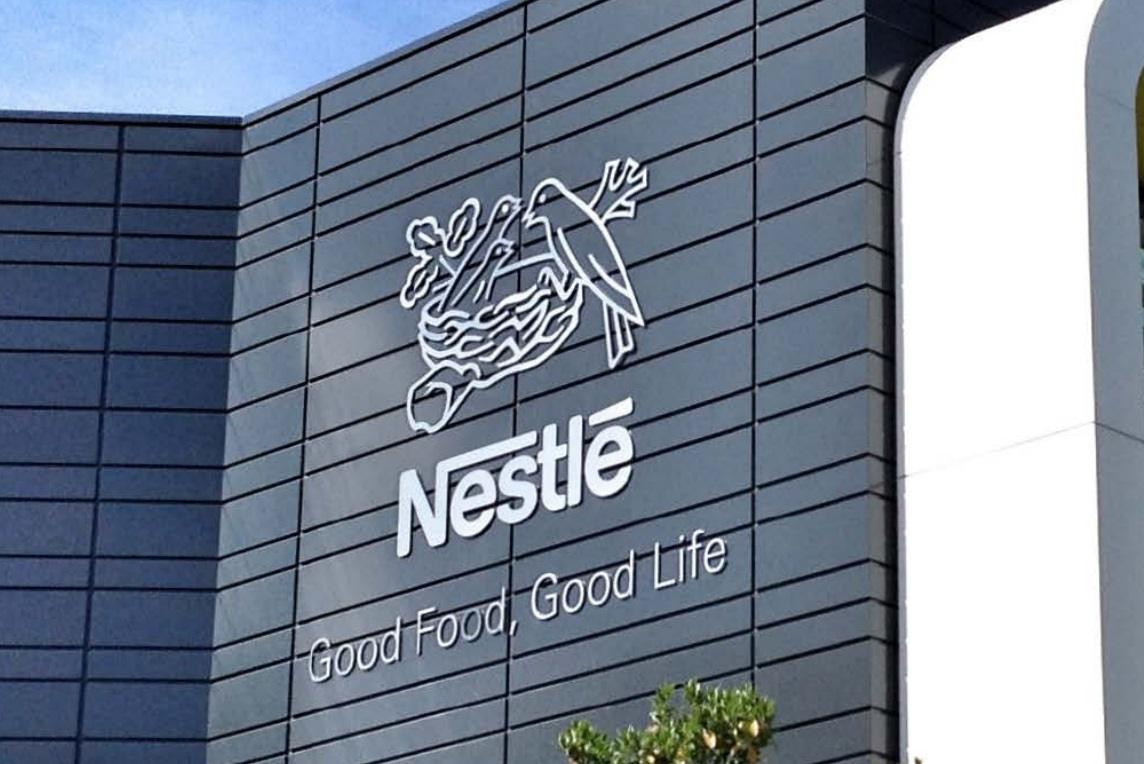Smithfield Foods Launches Sustainable Supply Chain, Renewable Energy Commitments
Protein producer and food processing company Smithfield Foods announced today a series of new environmental sustainability commitments, targeting the company’s supply chain and sourcing of clean energy. The new goals include 2030 targets to reduce GHG emissions across the company’s entire domestic supply chain 30%, and to obtain 50% of its electricity from renewable sources, such as solar and wind power.
Stewart Leeth, Chief Sustainability Officer for Smithfield Foods, said:
“Our latest commitments underscore Smithfield’s perennial dedication to sustainability. Following an unprecedented year, Smithfield carries a renewed sense of purpose in our calling to responsibly produce food and ensure access to affordable, high-quality protein for the growing global population. Through the significant efforts we have undertaken through our sustainability program, we are continuing to realize this call through initiatives that create value for our company and for our stakeholders.”
Smithfield’s new commitments follow the launch in September 2020 of a target to be carbon negative by 2030, effectively removing more carbon from the atmosphere than it emits. Additionally, they build on the company’s “25-by-25” goal established in 2016 to reduce scope 1-3 GHG emissions by 25% by 2025. The company stated that its new carbon reduction goal will reduce the company’s GHG emissions by nearly 5 million metric tons, the equivalent of removing over 1 million cars from the world’s roads or planting 216 million new trees.
The company also announced that it has joined the Business Ambition for 1.5°C, a call to action from a global coalition of UN agencies, business and industry leaders, spearheaded by the Science Based Targets initiative (SBTi), urging companies to commit to set ambitious science-based emissions reduction targets, aligned with limiting global warming to 1.5°C.
Smithfield Food’s new climate initiatives were announced along with the release of the company’s 2020 Sustainability Impact Report. The report also highlighted other new sustainability goals including animal care commitments to assess barn enrichment on company-owned farms by 2030, diversity initiatives to and increase production facility spend with minority-owned businesses, as well as a pledge to donate 100 million servings of protein across the U.S. by 2025 through the company’s signature hunger-relief initiative, Helping Hungry Homes, among others.
Leeth said:
“Our latest climate targets, newly added priorities and refreshed commitments build on nearly two decades of sustainability leadership. Our new report reflects our progress to date and outlines important new strategic priorities and commitments for the future aimed at further improving our sustainable practices from farm to facility to fork.”





